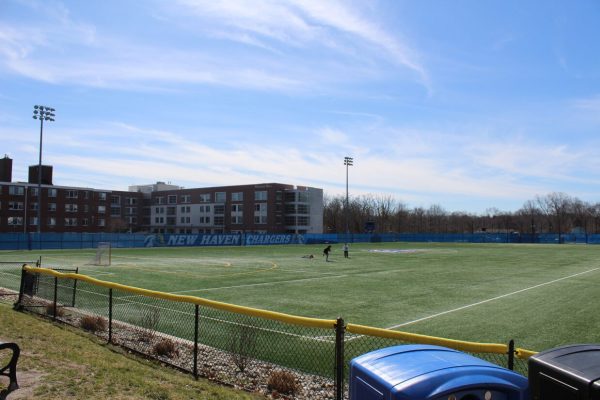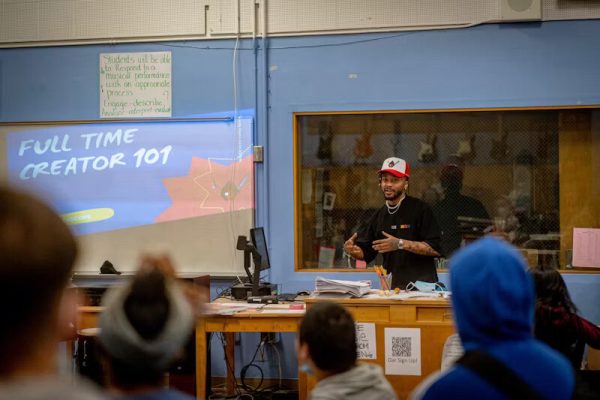How the pandemic has impacted procrastination
Procrastination may be the hidden disease eating away at the productivity of college students. We’ve all done it at some point — stared blankly at a homework assignment, daydreamed of a million other things we’d rather be doing, and it may be taking a larger toll on some students than anticipated.
However, students may not always be at fault for their poor habits. According to Piers Steel, the author of “The Procrastination Equation,” students are not only socially but biologically predisposed to procrastination. While you may put off assignments with the deadline only an hour away, you might not be able to help it.
For Julia Astram, a sophomore at the University of New Haven, she’s never procrastinated so much in her life.
“You’d think that because activities have been limited and we’re stuck at home so often, we’d be bored and do our homework,” said Astram. “But that’s not the case.”
Despite being stuck in what seems to be an endless cycle of boredom, this has not changed the initial pressures, such as an extracurricular activity or job, that can often make it difficult for some students to prioritize schoolwork.
“Ever since we’ve gone to online classes and remote learning, I hardly feel like a student,” said Daniel Brauer, a senior at the University of New Haven. “I don’t even feel like I’m getting an education.”
Brauer works a part-time job and has picked up more hours at work, despite missing class and not having enough time to finish assignments.
According to Astram and other students, a substantial factor in their increase of procrastination has been fueled by technological distractions.
“We spend so much class time on our computers and the Internet, how could I not be distracted?” said Astram.
A study from the American Psychological Association says that up to 95% of college students admit to procrastinating and even suggests that the closer you are to temptations, the more difficult it is to remain focused; especially in college, where most students live in a close radius to their friends.
“It’s even more difficult to remain focused when you live in a house with four of your best friends,” said Brauer. Even when friends are busy, Brauer said he’d “rather watch Netflix or literally do anything else.”
Students at the University of New Haven are not the only ones struggling with procrastination. “Classes started this week for us,” said Dylan Klock, a senior at St. Thomas Aquina’s College. “I already haven’t completed the first assignment. We’ll see how my grades turn out this semester.”
However, not all students claim that procrastination has negative effects on them. Graduate student, Raven Linton, said she always waits until the last minute to do assignments as she, “does her best work under pressure.”
“I grew up playing sports my whole life,” said Linton. “So, when the pressure is on and my adrenaline is high, I feel like I’m able to complete work at my full potential. That’s just me, though.”
A study from the Warwick Business School said that when students receive larger assignments, they are more inclined to wait until the last minute to complete the assignment and saw their grades drop 5%. This can have a snowball effect, as low grades can make a student less confident.
According to CollegeXpress, students can avoid procrastination by getting organized, setting simple and achievable goals, creating a schedule, using incentives to complete assignments and most importantly, taking breaks.







